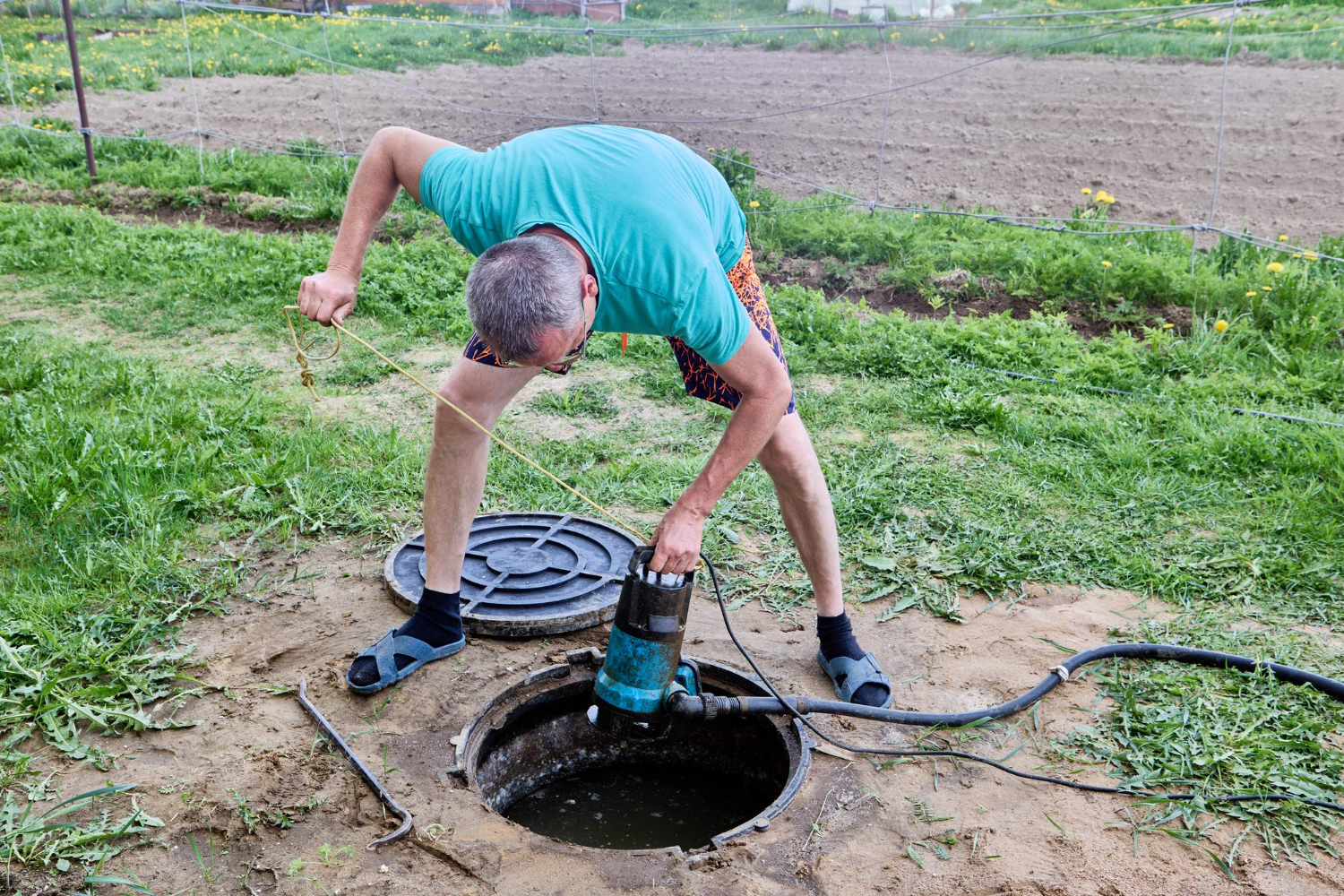Menu
"WE NOT ONLY PUMP YOUR TANK - WE CLEAN IT!"
WE NOT ONLY PUMP YOUR TANK - WE CLEAN IT! Free Septic System Inspection ($99 Value)
Free enzyme treatment - Financing Available
"WE NOT ONLY PUMP YOUR TANK - WE CLEAN IT!"
WE NOT ONLY PUMP YOUR TANK - WE CLEAN IT! Free Septic System Inspection ($99 Value)
Free enzyme treatment - Financing Available
If you're a homeowner, understanding whether your property relies on a septic system or a municipal sewer line is more important than you might think. Each setup comes with unique responsibilities, maintenance needs, and long-term costs. Many homeowners are surprised to discover they’ve been living with one system while assuming they had the other. Knowing the difference helps you schedule the right services, hire the right professionals, and prevent costly mistakes.
 Nov 19, 2025
Nov 19, 2025
In this blog post, our professionals from Septic Blue will talk about the key signs that reveal which system your home actually uses and how to maintain it properly.
A septic system works out…
A septic system is an on-site wastewater treatment solution commonly used in rural or suburban areas where municipal sewer access is limited. Wastewater flows from your home into a buried septic tank, where solids settle, and liquids drain into a leach field. Septic systems require regular care such as septic pumping, cleaning, and inspections from a reputable company to stay healthy and functional. If neglected too long, they can overflow, cause backups, or damage your yard. So if your home has a septic setup, consistent maintenance becomes a major part of your household routine.
A sewer line connects your home directly to the city’s municipal sewer system. All wastewater flows through underground pipes into a public treatment facility rather than being processed on your own property. This setup requires much less hands-on care compared to a septic system, since the municipality handles treatment and disposal. Homeowners mainly need to worry about keeping their sewer line clear, preventing tree-root intrusions, and addressing occasional clogs. Since the maintenance needs for a sewer line is so different from septic service in Lakeland, FL, knowing which system you have prevents unnecessary service calls and wasted money.
Your neighborhood often holds the first clues. Homes in rural areas are far more likely to use septic systems due to limited public sewer infrastructure. Older homes built before the area had municipal services may still rely on septic tanks unless the homeowner paid to transition to city sewer. In contrast, homes in densely populated areas, subdivisions, or new developments typically feature sewer lines. A quick call to your local public works department can often confirm whether your address is connected to the city system.
If your property has a septic system, there will be at least one access lid or inspection port somewhere in the yard. These access points are usually round or square and made of plastic or concrete. They may be buried a few inches or even a few feet underground. If you see a visible lid or know there's one somewhere on your property, that’s a strong indication that your home requires regular septic service, including pumping every 3–5 years. If you never see any type of lid or port in the yard, you’re more likely connected to a municipal sewer line.
One of the easiest ways to determine your setup is by reviewing your utility bill. If you’re paying a monthly sewer fee, you're connected to the municipal sewer system. These charges are usually listed as “sewer,” “wastewater,” or “sanitation.” Homeowners with septic systems do not pay a sewer fee as they are responsible for their own waste processing. Instead, they must budget for septic cleaning and pumping from time to time. If your bill shows no sewer charges at all, your home almost certainly has a septic tank.
The way your plumbing behaves can also offer clues. With septic systems, slow drains or foul odors in the yard often mean the tank is full and requires pumping. Backups usually start at the lowest drain in the home and worsen gradually. With municipal sewer lines, however, backups tend to be sudden and may affect multiple homes on the street if there’s a larger city-level issue. If slow drains are happening alongside soggy or smelly patches of grass, call a septic company right away, your tank or drain field may be overwhelmed.
Are you in need of septic pumping? Luckily, we at Septic Blue have dedicated workers ready at your service. Contact our representatives for more questions.